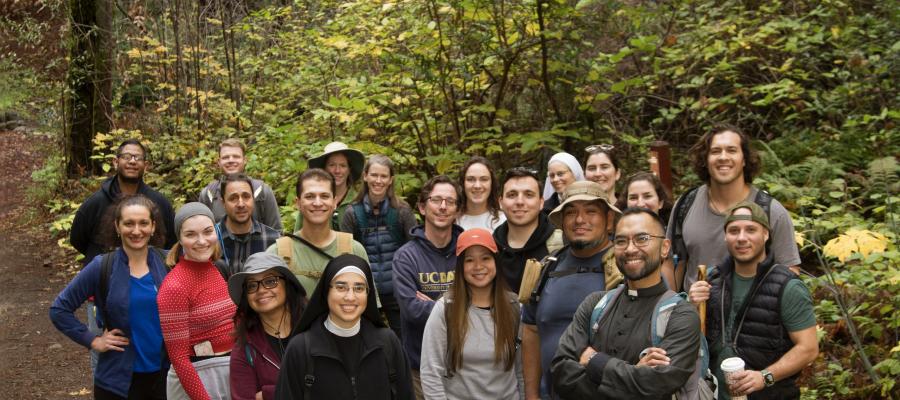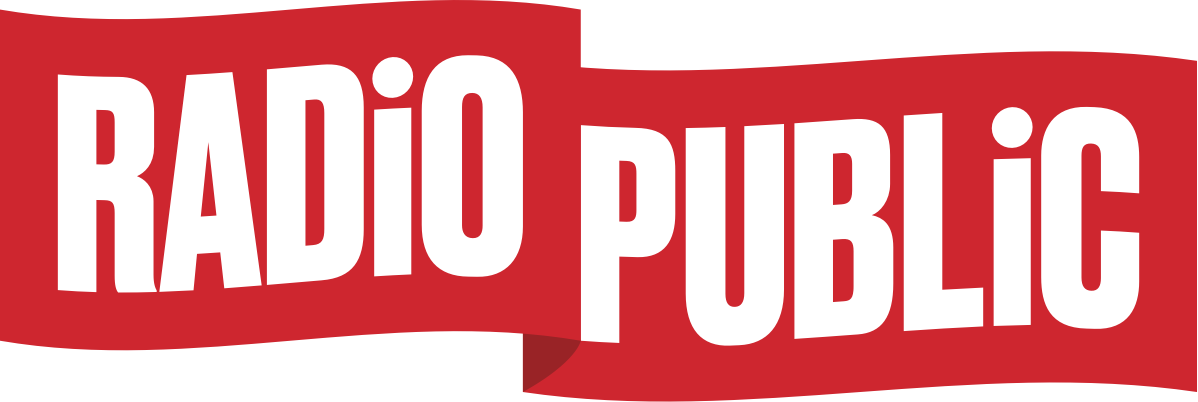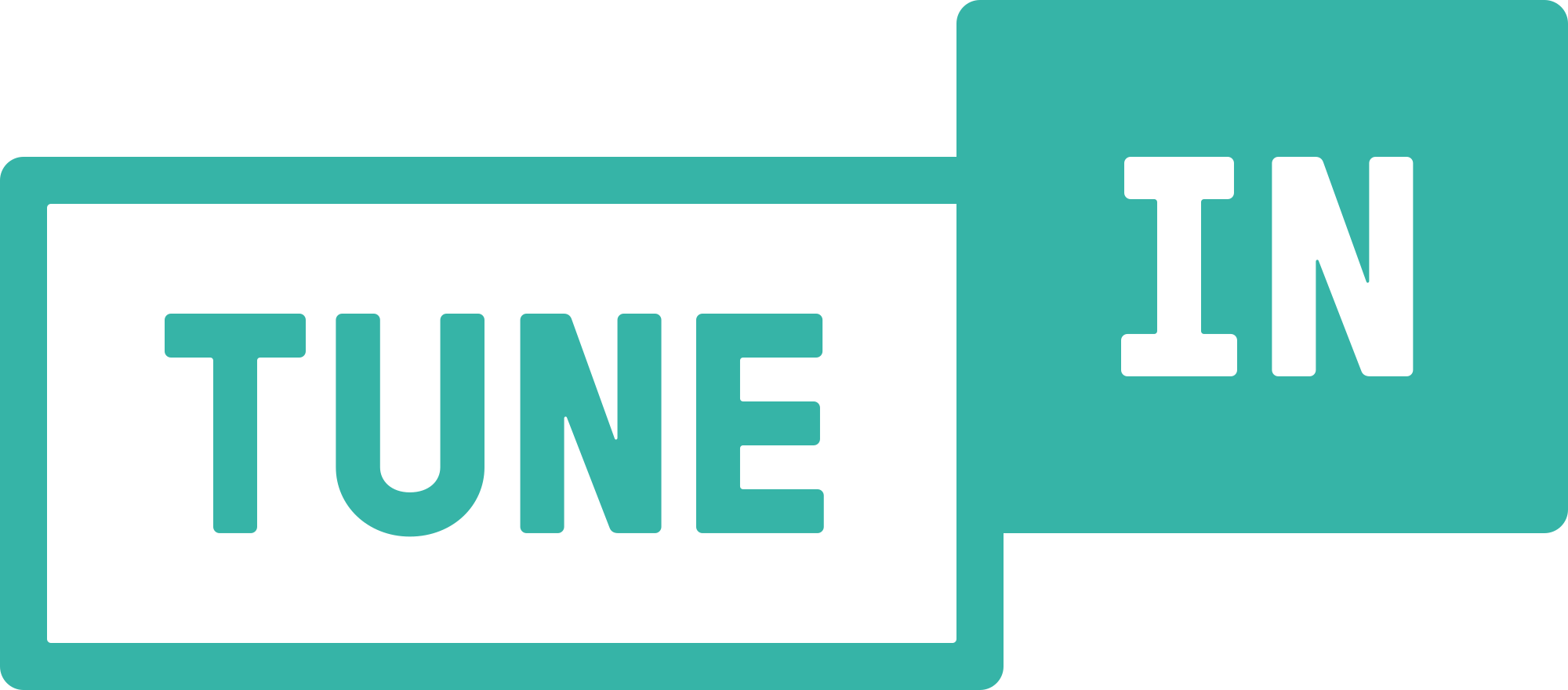
What Does God Want the Most?
by Father Brian J. Soliven on Sunday October 29, 2023
At this very moment, what does God want? It’s a weird question to reflect upon. When we normally think of God, we naturally do it from our perspective and need. We worry about the many issues that leap around our minds, like chimpanzees in a tree, keeping us awake at night. We especially worry about our own family, our kids, our health and ask God to help with our quagmire of problems. After all, St. Paul reminds us in his letter to the Phillipians, “Be anxious for nothing, but in everything by prayer and supplication, with thanksgiving, let your requests be made known to God…” (Cf. Philippians 4:6). God is patiently interested in what we have to say. But how about Him? What does he, our Heavenly Father, passionately desire at the very moment in time; here and now?
The answer is found in today’s challenging Gospel reading: “Which Commandment in the law is the greatest?” asked one of the Pharisees to Our Lord. He’s essentially asking, what is the most important hunger for God? What does he want from you and I? Out of the 613 commandments that each practicing first century Jew had to follow, which of these is the most crucial? Jesus responded: “You shall love the Lord your God, with all your heart, with all your soul, and with all your mind.” (Cf. Matthew 22:37). Here's the answer to the question we began. God wants my heart, my soul, and my mind. That’s all! At the very moment, God simply wants me.
In Greek, the word heart is kardia (καρδιά). It can be understood as the source of our emotions and affections. It’s the traditional, stereotypical idea of what we think of the heart. To love God with our kardia means to develop our sentiments and sense of connectedness to him. The soul is translated from psyche (ψυχή). This refers to our spiritual nature. The Catechism of the Catholic Church defines the psyche as “The spiritual principle of human beings. The soul is the subject of human consciousness and freedom.” Essentially, it's the innermost core of what makes each of us unique. And finally, God wants our mind. This word is from dianoia (διάνοια), which is simply the intellectual part of ourselves. It’s the rational aspect of the brain. God wants to seek to understand him, to know him, to study and learn more about him.
To give God our hearts, our minds, and souls, is what we call the totality of the Christian life. That is why when we take our Catholic faith seriously and live it to the full, it will be the most radical and most noble of adventures we can set upon. Jesus calls this path “narrow”: “Enter through the narrow gate. For wide is the gate and broad is the road that leads to destruction, and many enter through it. But small is the gate and narrow the road that leads to life, and only a few find it.” (Cf. Matthew 7:13-14). To achieve this, we must die to ourselves and put God first.







